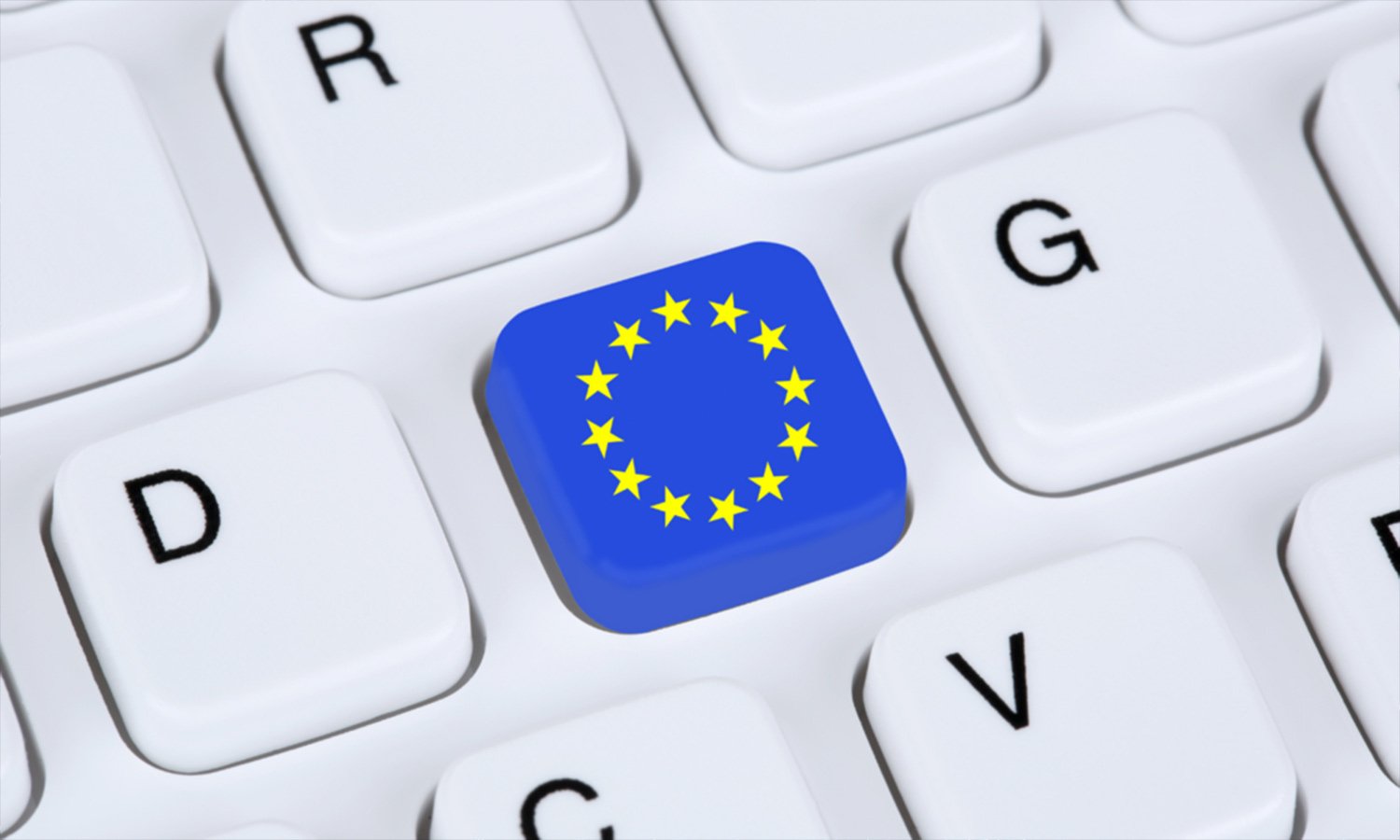EU lawmakers must provide a workable framework which “ensures the best conditions for the provision of innovative digital services in the internal market.”
The Digital Services Act (DSA) was proposed by the European Commission with the aim to update the e-commerce directive, and to better protect online users and set up clear responsibilities and accountability for providers of intermediary services, in particular online platforms. It is an ambitious piece of legislation which will significantly change how users in the EU interact with many online services. Unfortunately, those engaged in the debate are sometimes ignoring the horizontal nature of this piece of legislation which will impact the entire digital ecosystem, not just “the VLOPS” – a selection of very large online platforms.
The record speed with which the DSA and its sister regulation (the recently adopted Digital Markets Act), have traveled through the legislative process is impressive – but also a cause for concern. EU lawmakers have rightfully recognised that the EU needs an updated regulatory framework that responds to the rapid development of the digital environment we’ve witnessed in the past two decades. The political will to adopt these regulations fueled the rapid pace of the negotiations, but compromised on Better Regulation principles. The rush to reach agreement got ahead of the need to properly assess the substance of the legislation, trading speed for quality.
Those currently engaged in the trilogue process should be mindful of the original goals of the DSA, particularly that it has to be a horizontal piece of legislation. Of course there’s always something to fix – to add or to specify – but there’s always the regulatory option of complementing the horizontal framework with detailed, sector specific legislation for particular issues. Adding amendments to the base regulation to address wide ranging but niche issues would complicate the legal text and raise new problems as it solves others. That outcome is counter to the objectives of the DSA and only increases legal uncertainty for the multitude of digital businesses across Europe.
Despite the progress in the DSA negotiations, there are still plenty of last minute calls to further expand critical provisions in areas such as disinformation, targeted advertising, online marketplaces and transparency obligations. A key example here is advertising; while a blanket ban on personalized advertising has been rejected in negotiations, proposals for severe restrictions on personalized advertising remain in play. Amendments on user redress and restrictions of visibility are another example. Such amendments could lead to the situation where a user receives a cascade of notifications for any action a platform takes that impacts the ‘visibility’, ‘ranking’ or ‘demotion’ of a user’s content. As I pointed out in a previous blog post, a wave of notifications will not only overwhelm users, but also the platforms which are forced to send out notifications even for minor changes. If this is difficult for large platforms, how could smaller businesses cope with such requirements? If the DSA is truly about innovation, then it must strengthen and empower rather than overburden online businesses. Ideally it should improve user experience as well.
EU lawmakers haven’t taken the time necessary to think through these significant amendments and so many others that are expanding the scope of the regulation. In principle, significant amendments should be supported by additional impact assessments. But for the sake of hasty agreement, the co-legislators are imposing impractical and disproportionate legal obligations on a diverse range of online businesses without weighting the impact. Much of the focus in the DSA debate up until now has been largely centered on Big Tech. However if the DSA is truly to achieve its goal of promoting European innovation, we cannot forget about the wide variety of other online actors who must find practical ways to meet the obligations the DSA imposes.
The DSA will provide needed updates to the digital ecosystem. However, at a critical stage of the legislative process, EU lawmakers should keep in mind that this is an industry-wide piece of legislation which will serve as a rulebook for all online actors. Ignoring their initial objective to ensure the best conditions for innovative digital services, the EU could find itself far from being fit for the digital age when all is done.





